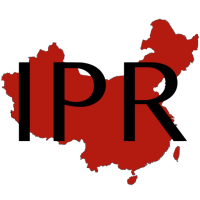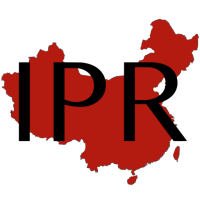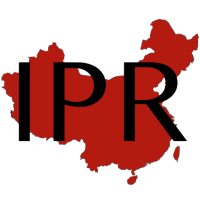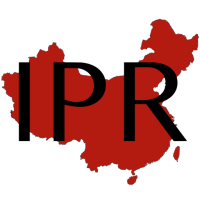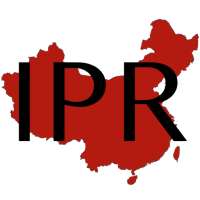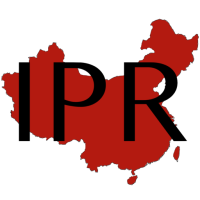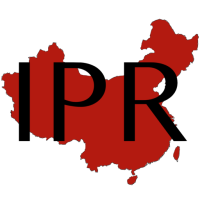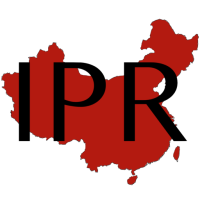
On August 7 at 9 AM (Pacific), BCLT will host a discussion on the current controversy over renewing the US-China Science and Technology Cooperation Agreement. Our keynote speaker will be Prof. John Holdren of the Kennedy School. During the Obama administration, Prof. Holdren formerly served as Director of the White House Office of Science and Technology Policy. He will be joined by Joanna Lewis (Georgetown University), Deborah Seligsohn (Villanova University), Denis Simon (University of North Carolina-Chapel Hill), Paul Triolo (Albright Stonebridge), Caroline Wagner (Ohio State University), and myself. Registration is here. The program is virtual, and there is no admission charge. Continuing Legal Education credit is also available.
The bilateral Science and Technology Agreement (STA) is up for renewal in late August 2023. The agreement is one of the key bilateral agreements between the US and China. The last renewal involved considerable controversy, particularly over the intellectual property provisions. The prior STA was inconsistent with the former Administration of Technology Import/Export Regulations (“TIER”). The TIER mandated that R&D conducted in China exclusively belonged to the Chinese party. The US-China STA, like many other STAs that China has concluded permitted equitable sharing of IP rights. Moreover, this agreement was inferior to the TIER and was therefor governed by it. Other countries that had concluded STAs with China included Germany, Canada, the European Union, Israel, Japan, New Zealand, Korea, Switzerland, and the United Kingdom. These STAs often vaguely allocated IP rights derived from bilateral cooperation or had similar provisions to the US-China STA. At that time, it was difficult to estimate the impact of this conflict between the TIER and the US-China FTA. Initial estimates suggested that there was a relatively low incidence of US patenting when there was a Chinese resident coinventor in US government-funded research. However, there was limited evidence to suggest that the Chinese party had obtained rights in China for that research of the type that the TIER contemplated. The TIER itself was amended to remove the offending provisions after both the US and EU filed WTO cases during the Trump administration.
The US-China relationship has become much more contentious in recent years. The Biden administration recently sent Amb. Kerry to China to talk about climate change cooperation, thereby providing a clear signal of an interest in cooperating on shared technological challenges. However, the Republican-led House Select Committee on China has expressed its opposition to STA renewal.
We will have a star-studded group of speakers on August 7 as we discuss the challenges and opportunities presented by renewing the STA. The speakers include experts on scientific collaboration, clean energy, talent migration, technology policies, and intellectual property. Many of the speakers have participated in past negotiations on STA renewal or implementation. Please come and join the discussion!
- SEO Powered Content & PR Distribution. Get Amplified Today.
- PlatoData.Network Vertical Generative Ai. Empower Yourself. Access Here.
- PlatoAiStream. Web3 Intelligence. Knowledge Amplified. Access Here.
- PlatoESG. Automotive / EVs, Carbon, CleanTech, Energy, Environment, Solar, Waste Management. Access Here.
- BlockOffsets. Modernizing Environmental Offset Ownership. Access Here.
- Source: http://chinaipr.com/2023/07/29/upcoming-bclt-program-on-science-and-technology-collaboration-with-china/
- :has
- :is
- $UP
- 2023
- 22
- 49
- 7
- 9
- a
- About
- administration
- After
- Agreement
- agreements
- allocated
- also
- am
- an
- and
- AS
- At
- AUGUST
- available
- BE
- become
- Berkeley
- between
- biden
- Biden Administration
- both
- by
- Canada
- cases
- challenges
- change
- charge
- China
- chinese
- clean energy
- clear
- Climate
- Climate change
- collaboration
- come
- committee
- concluded
- conducted
- conflict
- considerable
- continuing
- controversy
- cooperating
- cooperation
- countries
- credit
- Current
- Derived
- difficult
- Director
- discuss
- discussion
- during
- Education
- energy
- equitable
- estimate
- estimates
- EU
- European
- european union
- evidence
- exclusively
- experts
- expressed
- filed
- Files
- For
- Former
- formerly
- from
- Germany
- governed
- Group
- had
- Have
- he
- host
- House
- However
- HTTPS
- Impact
- implementation
- in
- incidence
- include
- included
- initial
- intellectual
- intellectual property
- interest
- involved
- IP
- Israel
- IT
- ITS
- itself
- Japan
- John
- join
- joined
- Key
- Keynote
- Keynote Speaker
- Kingdom
- korea
- Last
- Late
- Law
- Legal
- like
- Limited
- Low
- many
- migration
- more
- Moreover
- much
- negotiations
- New
- New Zealand
- no
- North
- Obama
- obtained
- of
- Office
- often
- Ohio
- on
- ONE
- opportunities
- opposition
- or
- Other
- our
- over
- Pacific
- participated
- particularly
- party
- past
- plato
- Plato Data Intelligence
- PlatoData
- please
- policies
- policy
- presented
- Prior
- Program
- property
- providing
- R&D
- recent
- recently
- Registration
- regulations
- relationship
- relatively
- remove
- research
- rights
- School
- Science
- Science and Technology
- scientific
- sent
- shared
- sharing
- Signal
- similar
- Speaker
- speakers
- State
- suggest
- switzerland
- Talent
- Talk
- technological
- Technology
- that
- The
- the United Kingdom
- There.
- thereby
- These
- this
- tier
- time
- to
- trump
- Trump administration
- type
- union
- United
- United Kingdom
- university
- upcoming
- us
- Virtual
- was
- we
- when
- white
- White House
- will
- with
- WordPress
- years
- Zealand
- zephyrnet

